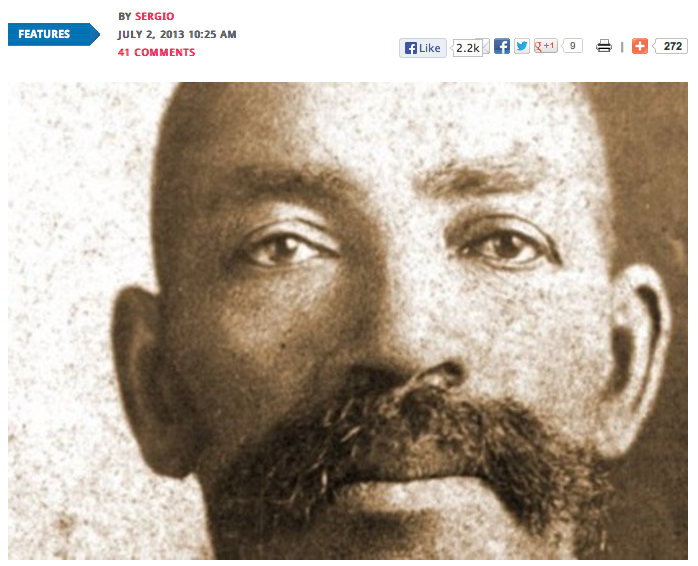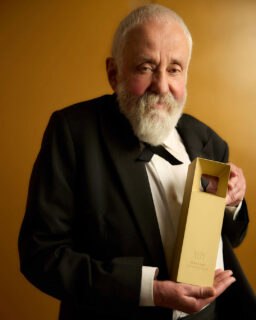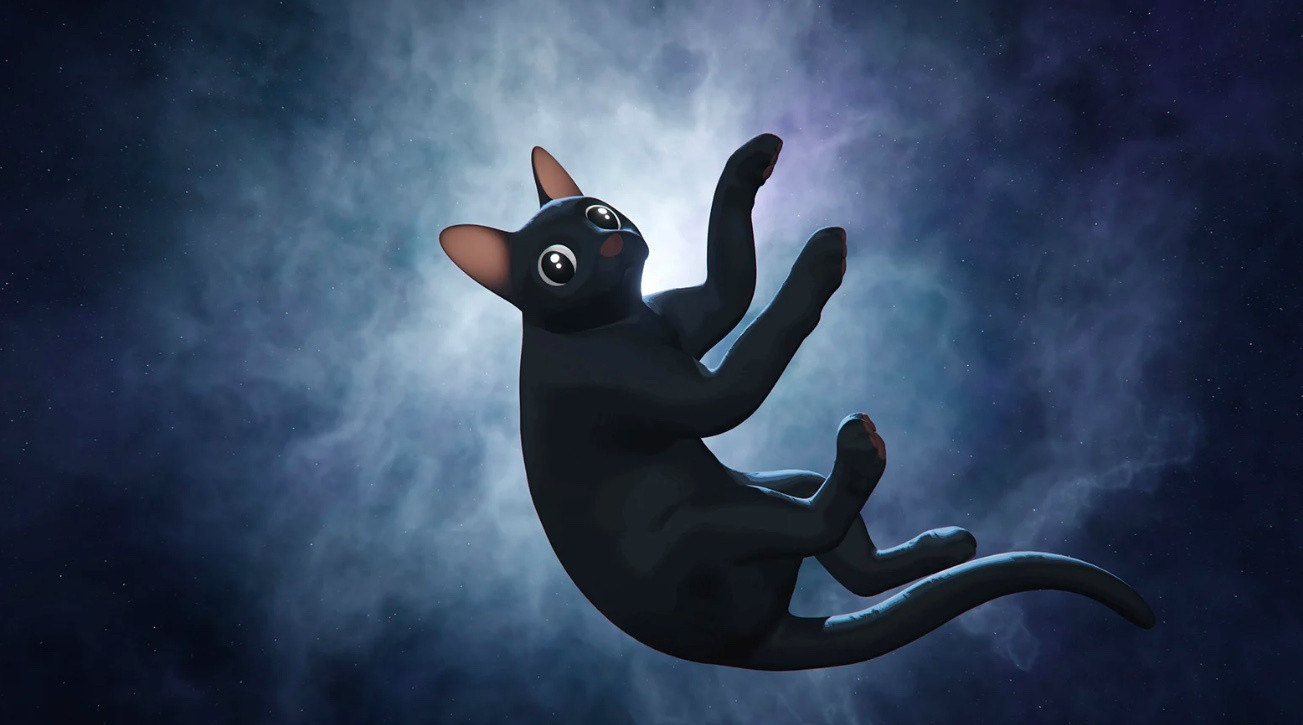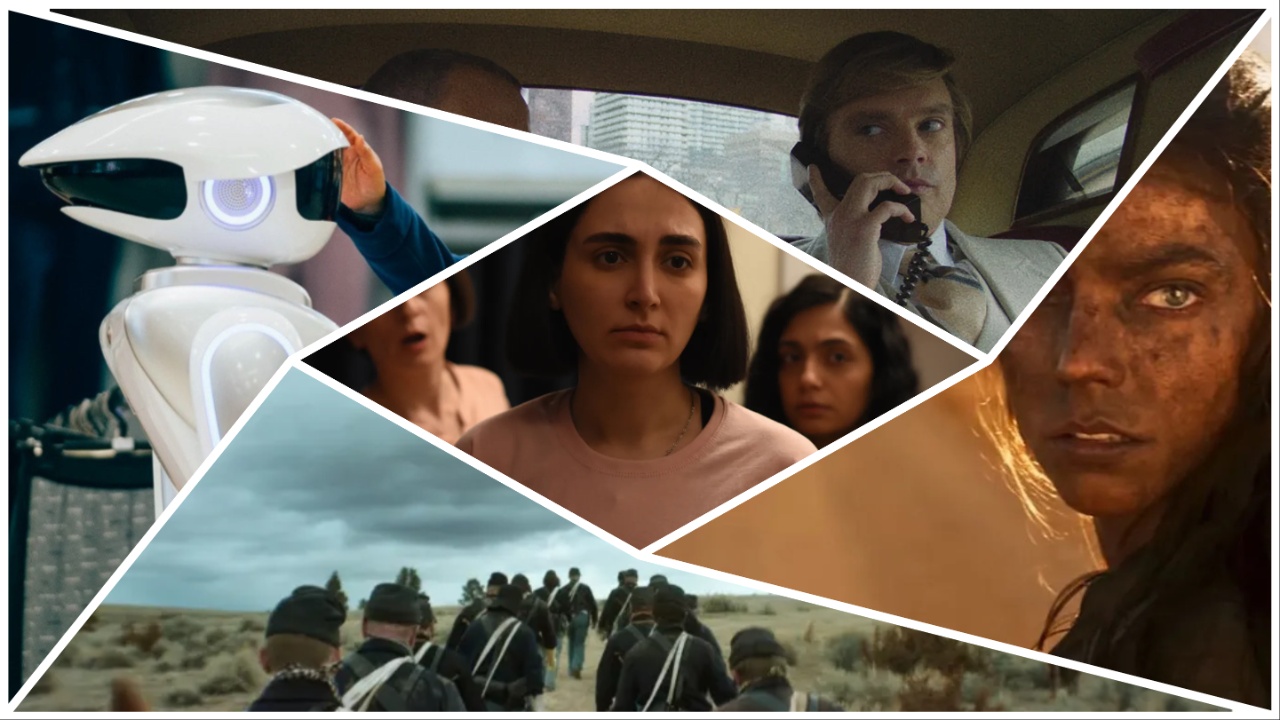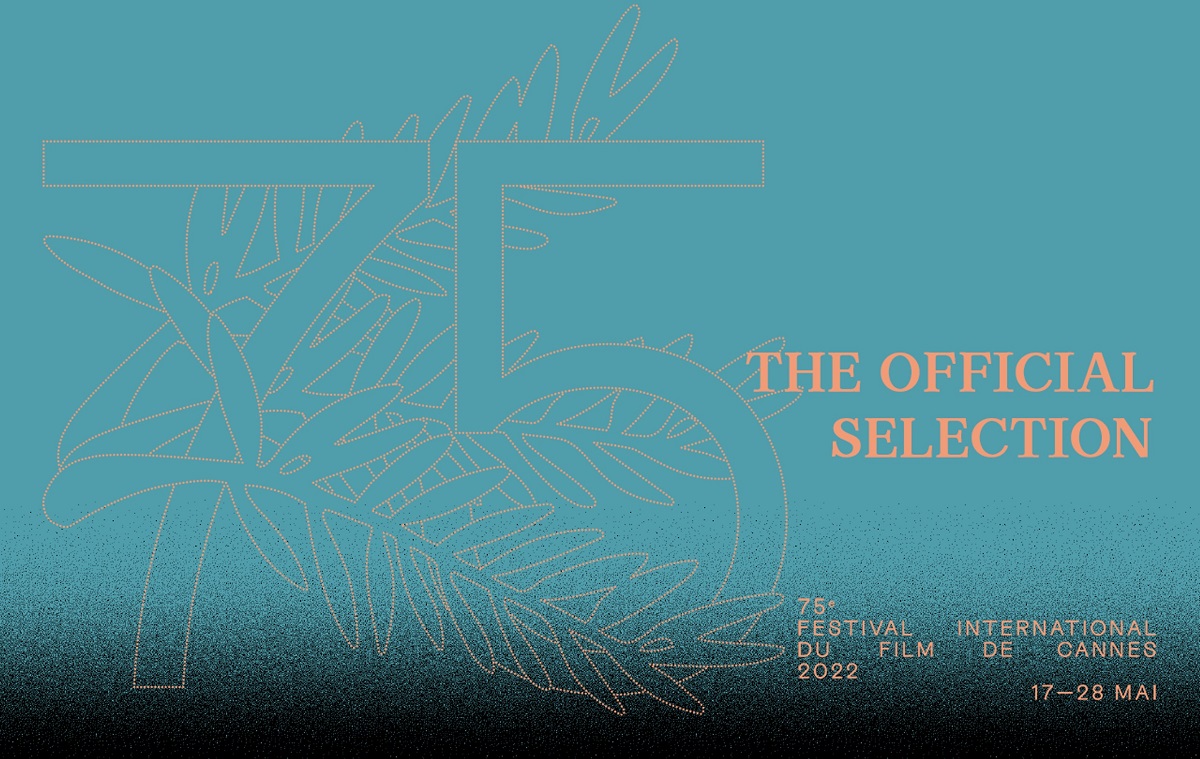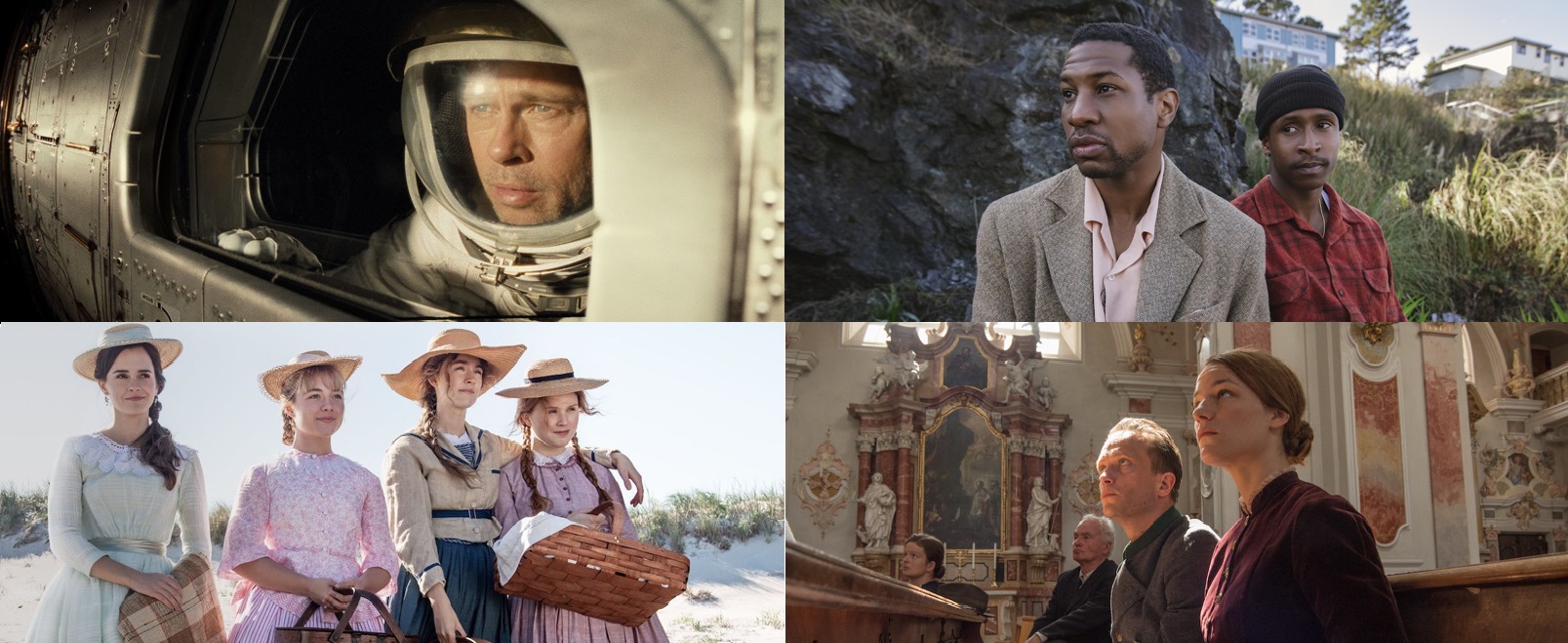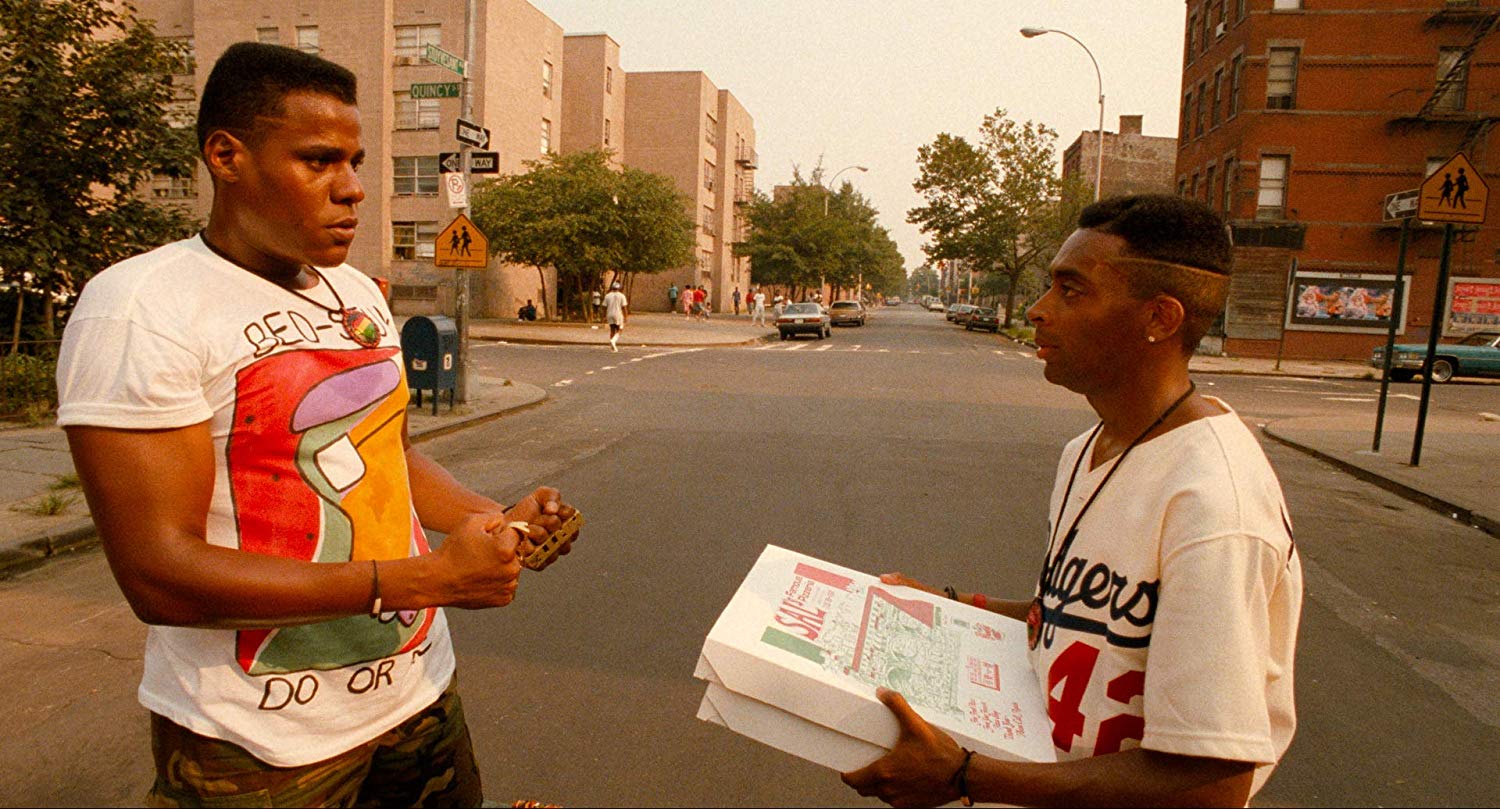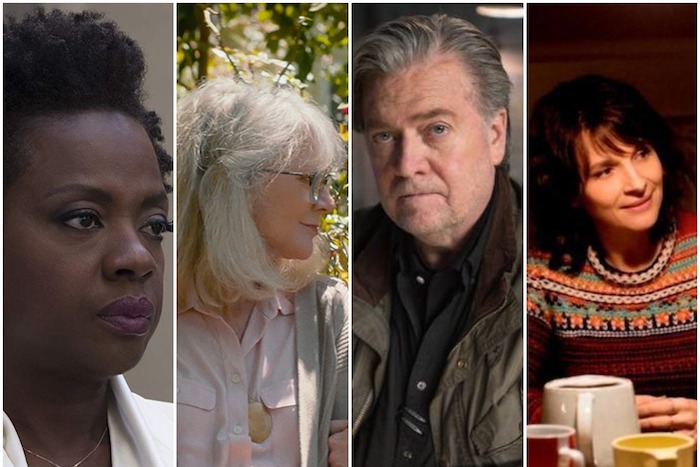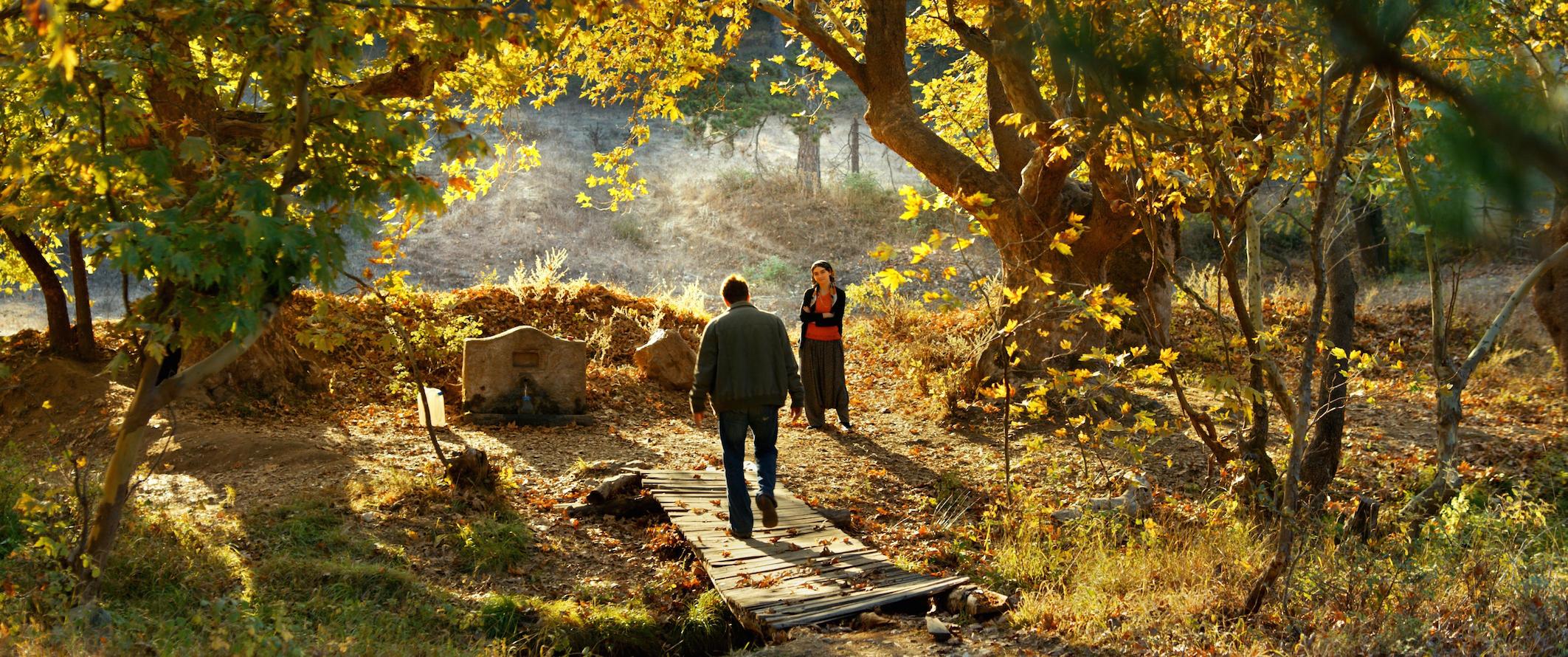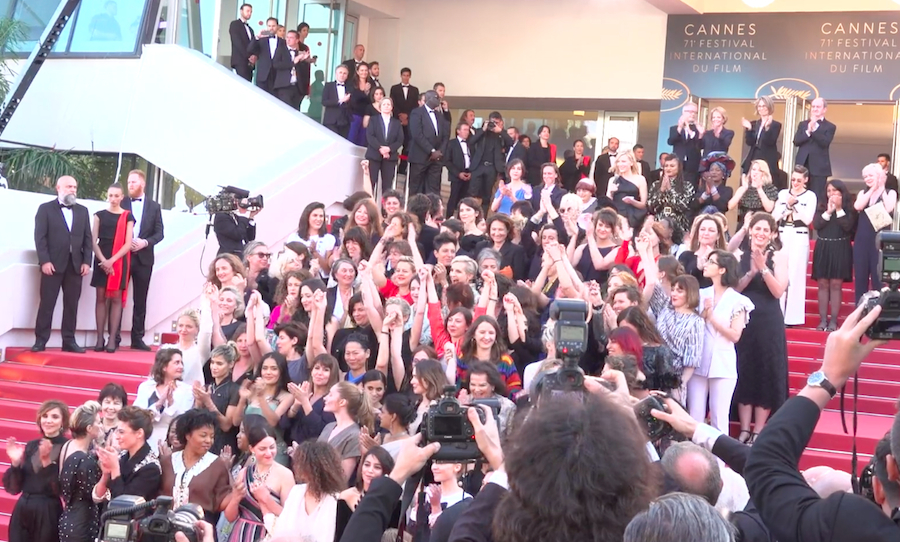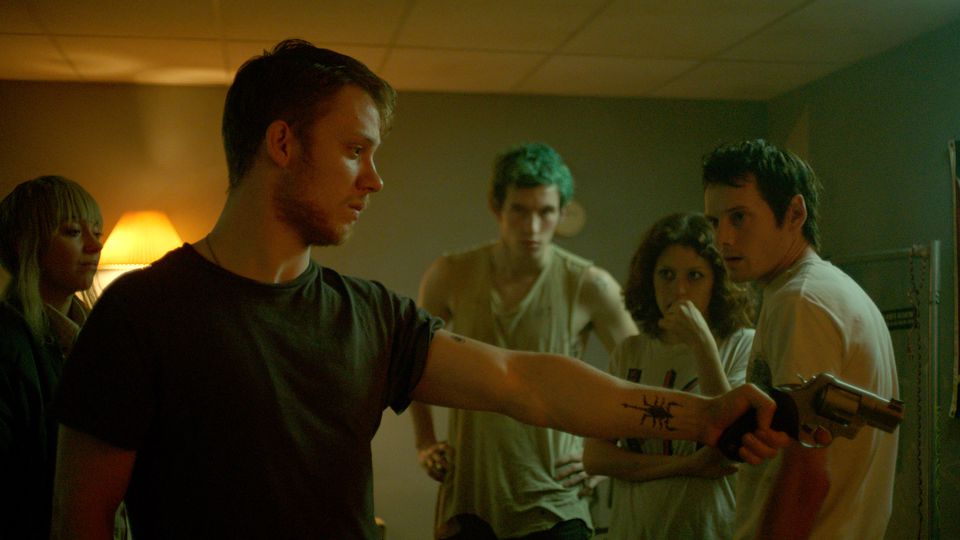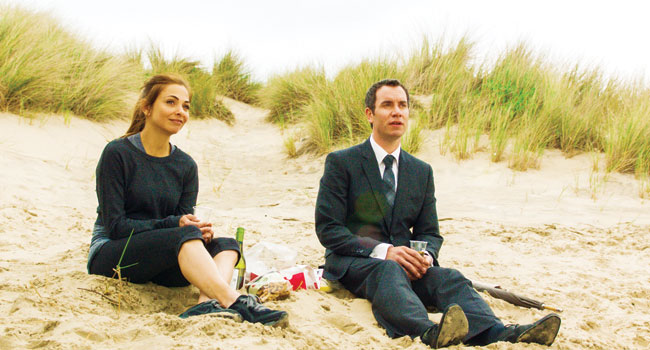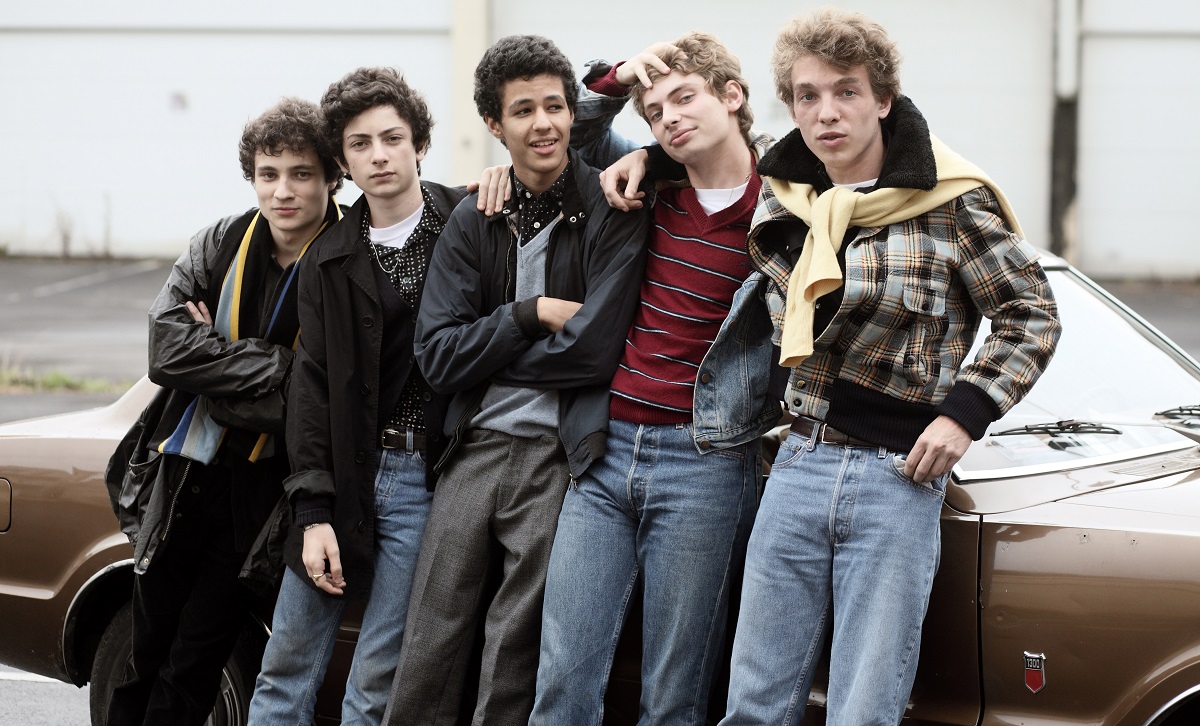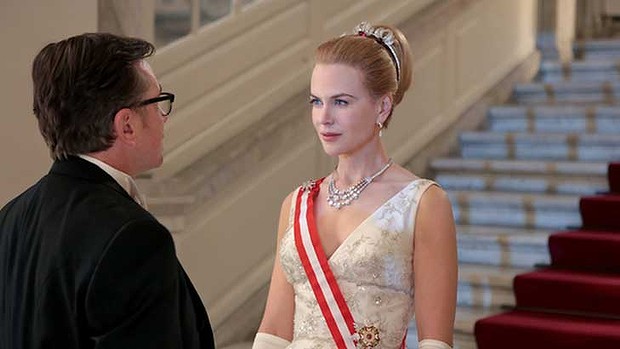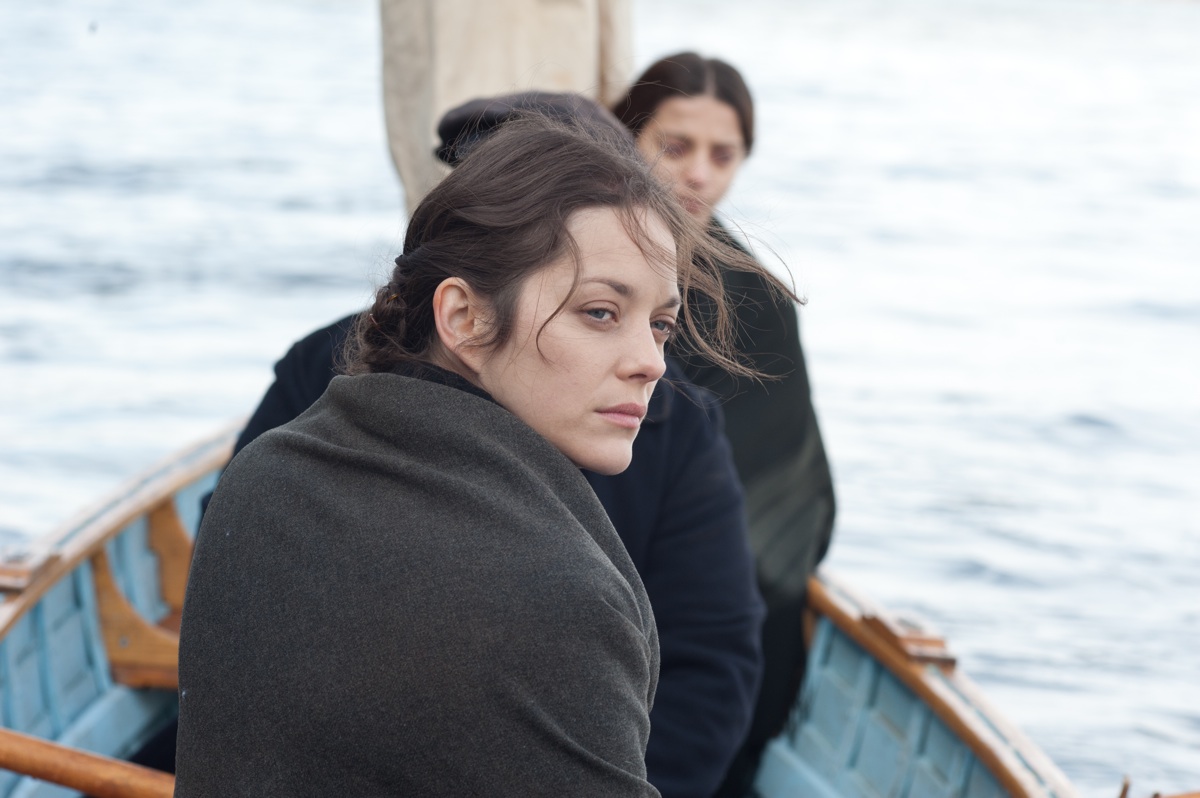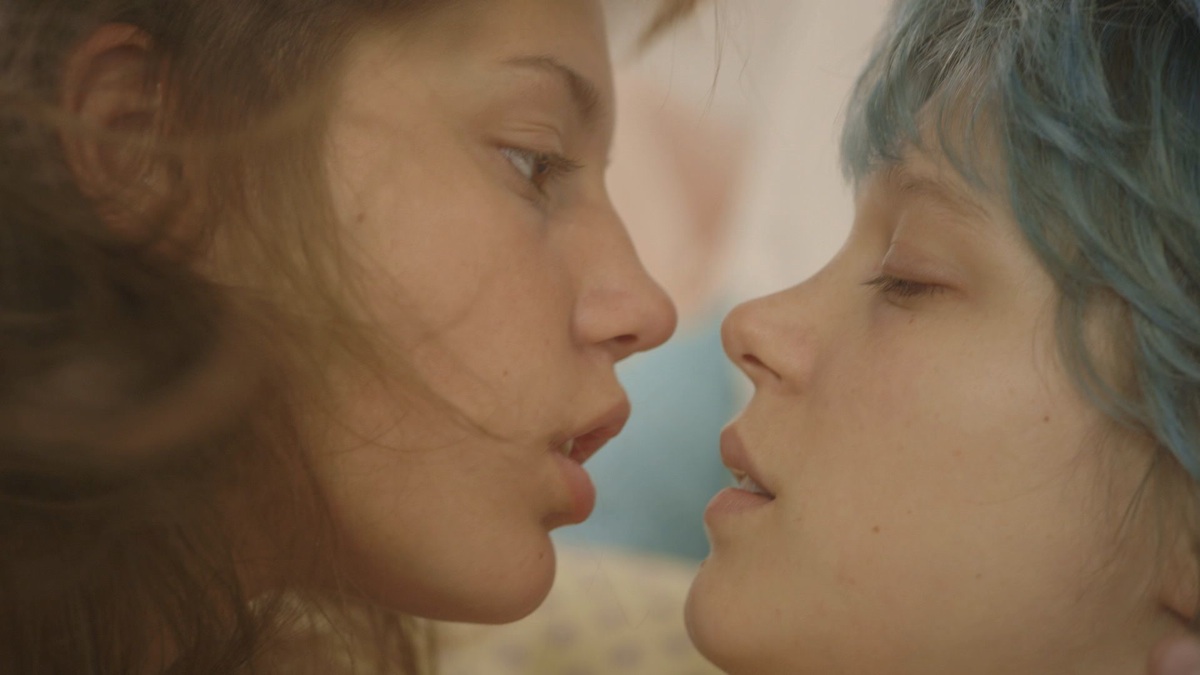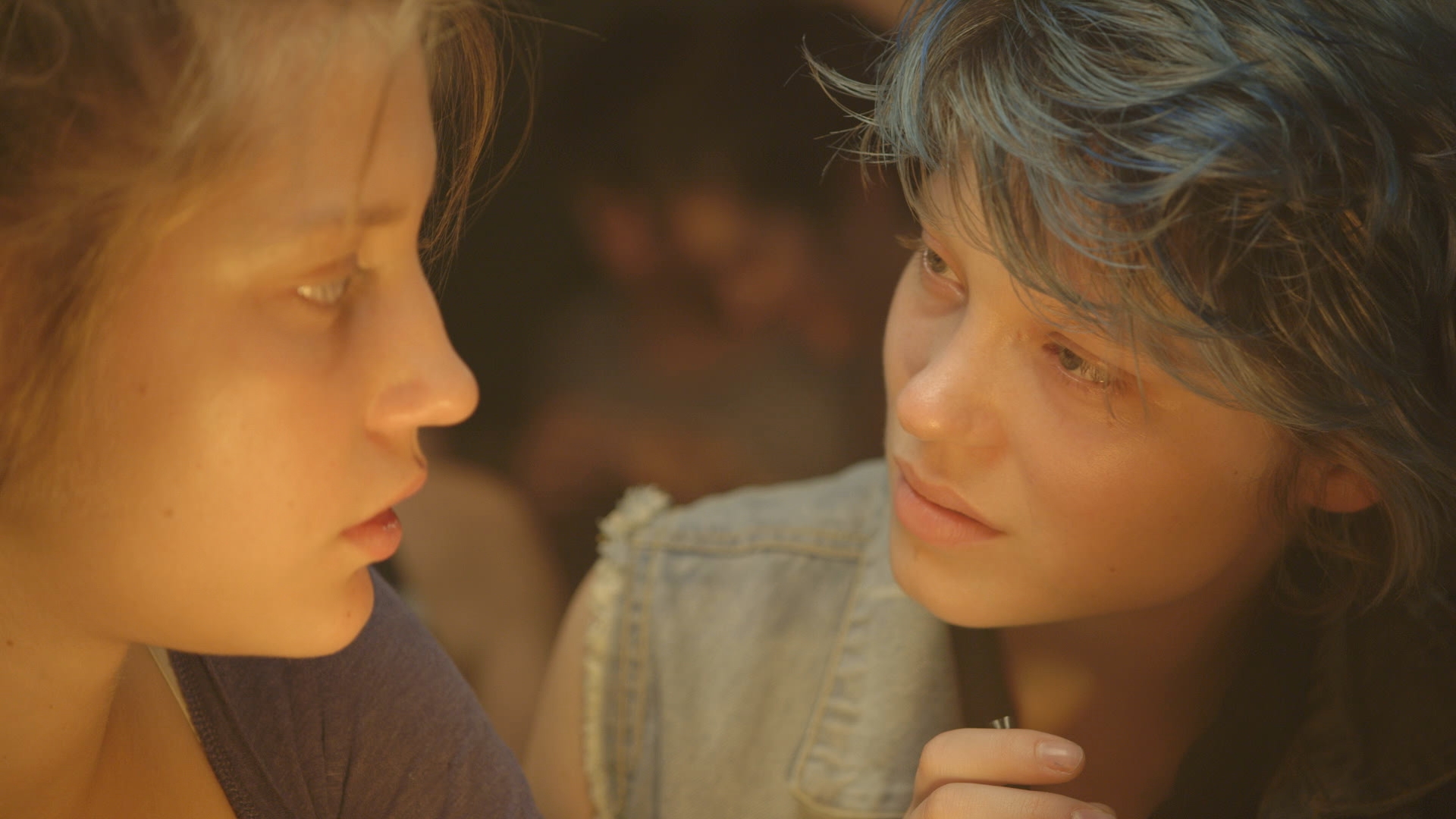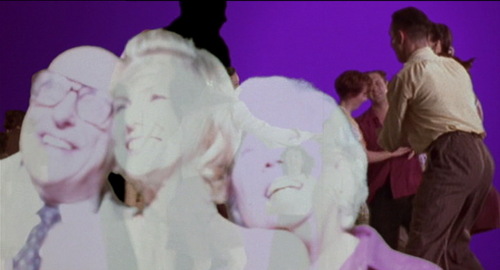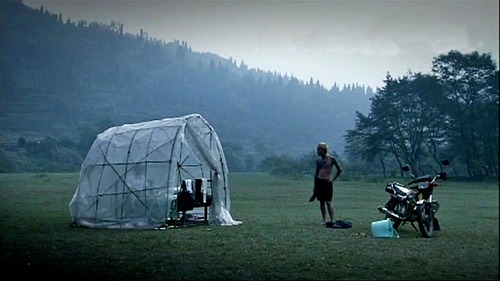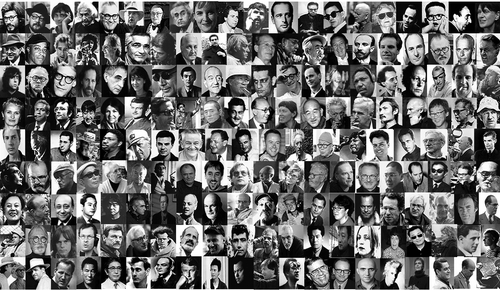Jia Zhangke Movie Reviews
Blog Posts That Mention Jia Zhangke
Hong Kong FILMART, Jia ZhangKe, and Star Ferry
Roger Ebert
Thumbnails 7/3/2013
The Editors
Deep Focus: Freedom of (eye-)movementin eight of the greatest long takes ever
Jim Emerson
New York Film Festival 2024: Preview and Thoughts on “The Brutalist,” “The Seed of the Sacred Fig”
Godfrey Cheshire
TIFF 2024: Mike Leigh Accepts the Ebert Director Award
Brian Tallerico
Cannes 2024 Diary 2: International Genre Picks
Jason Gorber
Cannes 2024: Emilia Pérez, Three Kilometers to the End of the World, Caught by the Tides
Ben Kenigsberg
The 10 Most Anticipated Films of Cannes 2024
Tim Grierson
Cannes Official Selection Line-Up Overview with Digressions You Won’t Find Anywhere Else
Lisa Nesselson
NYFF 2020: City Hall, Swimming Out till the Sea Turns Blue, Hopper/Welles
Godfrey Cheshire
The 4-Star Films of 2019
The Editors
Home Entertainment Guide: July 25, 2019
Brian Tallerico
Little Tickles Wins the Roger Ebert Award at the 2018 Chicago International Film Festival
Allison Shoemaker
45 Movies to see at the 54th Chicago International Film Festival
Peter Sobczynski
CIFF 2018: Preview of the 54th Chicago International Film Festival
Nick Allen
Cannes 2018: The Wild Pear Tree, plus awards predictions
Ben Kenigsberg
Cannes 2018 Video #3: Women’s Protest, Cold War, Ash is Purest White and More
Chaz Ebert
Home Entertainment Consumer Guide: July 21, 2016
Brian Tallerico
CIFF 2015: “The Surprise,” “Mountains May Depart,” “The Middle Distance”
Brian Tallerico
Alterna-Cannes 2015
Ben Kenigsberg
Cannes 2014, Day One: “Grace of Monaco,” “Timbuktu”
Barbara Scharres
Post-Cannes: Two Critics Look Back Over This Year’s Festival
Ben Kenigsberg
Chinese Realities: A New Exhibit at MoMA
Kevin B. Lee
Awards Show Wrap-up: Cannes Report, May 26
Barbara Scharres
Cannes: Palme predictions
Ben Kenigsberg
Artifice and Real Life: Cannes Report, May 16, 2013
Barbara Scharres
Pre-Cannes
Barbara Scharres
Chinese film criticism: The rising of a new wave
Grace Wang
Chinese Documentaries: an Inside Look
Roger Ebert
WALL-E scrunches Love Guru inVillage Voice/LA Weekly crix poll
Jim Emerson
Bergman and Antonioni: Commercial moviemakers
Jim Emerson
Putting NYFF in its place
Jim Emerson
More film polls: Top 150 of Decade, Top 160 of 2009…
Jim Emerson
The Return of the Autobiographical Dictionary of Film
Jim Emerson
VIFF: Chinese motorcycle tattoo mob story
Jim Emerson
Name That Director!
Jim Emerson
Popular Reviews

The best movie reviews, in your inbox



